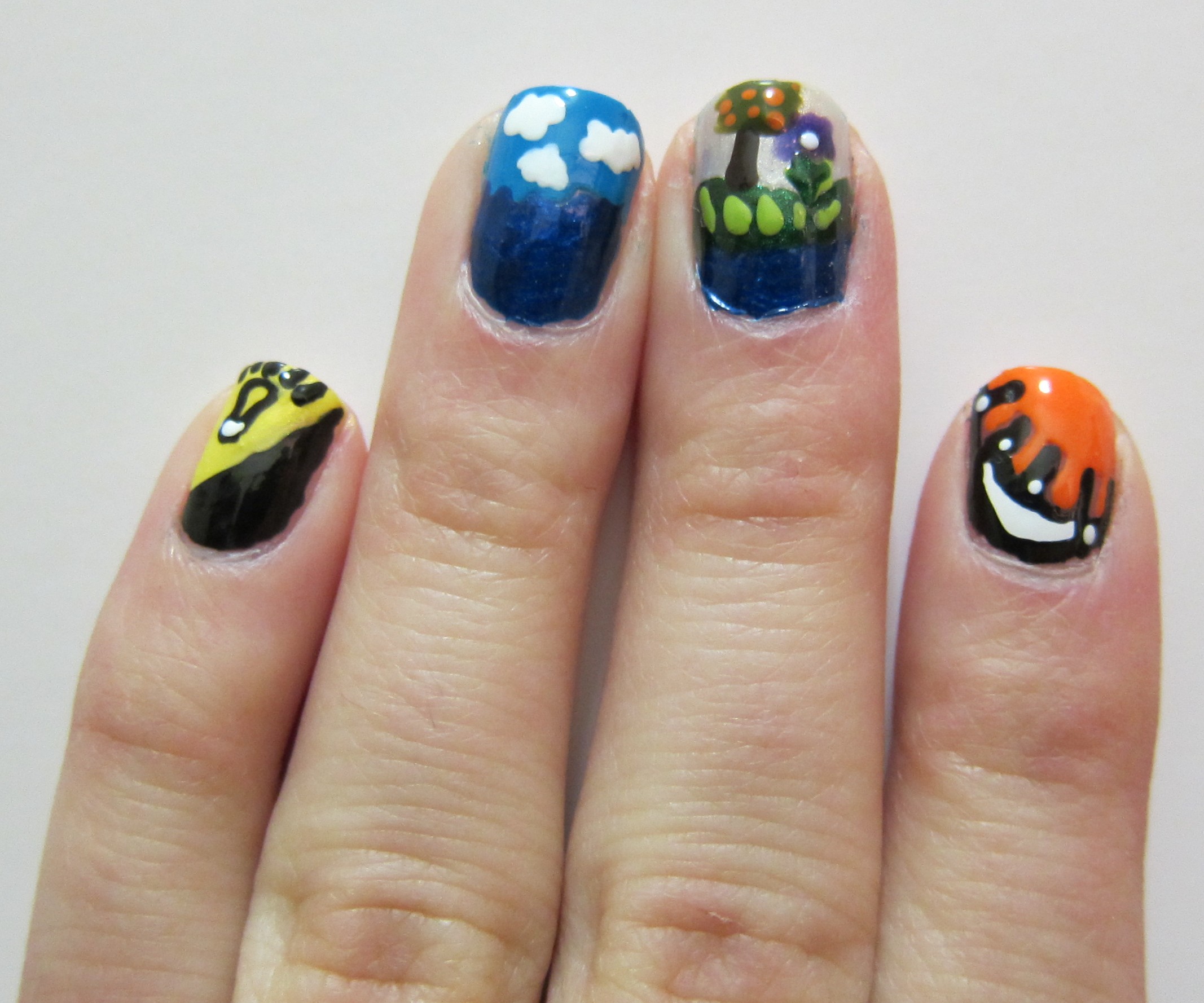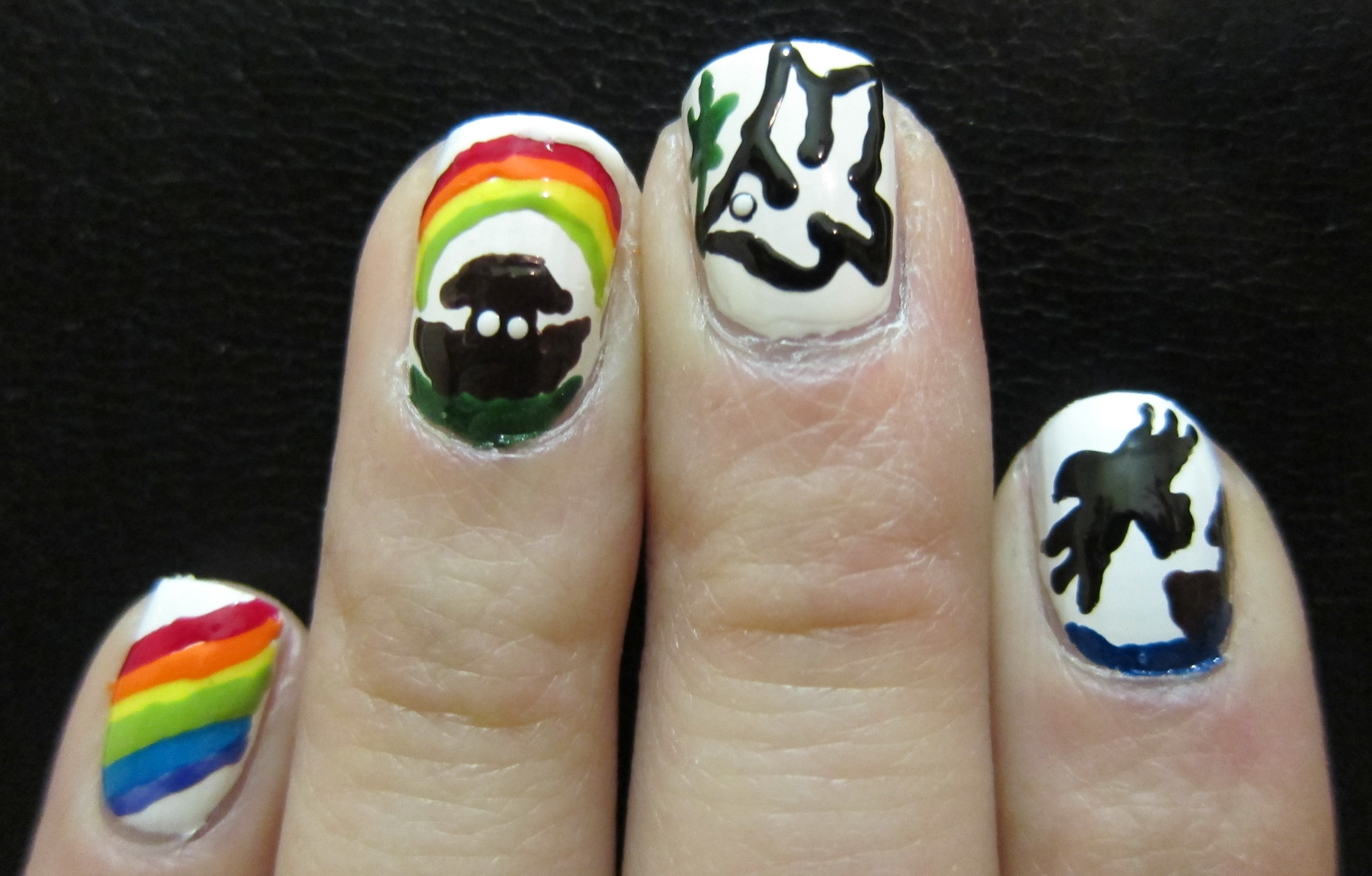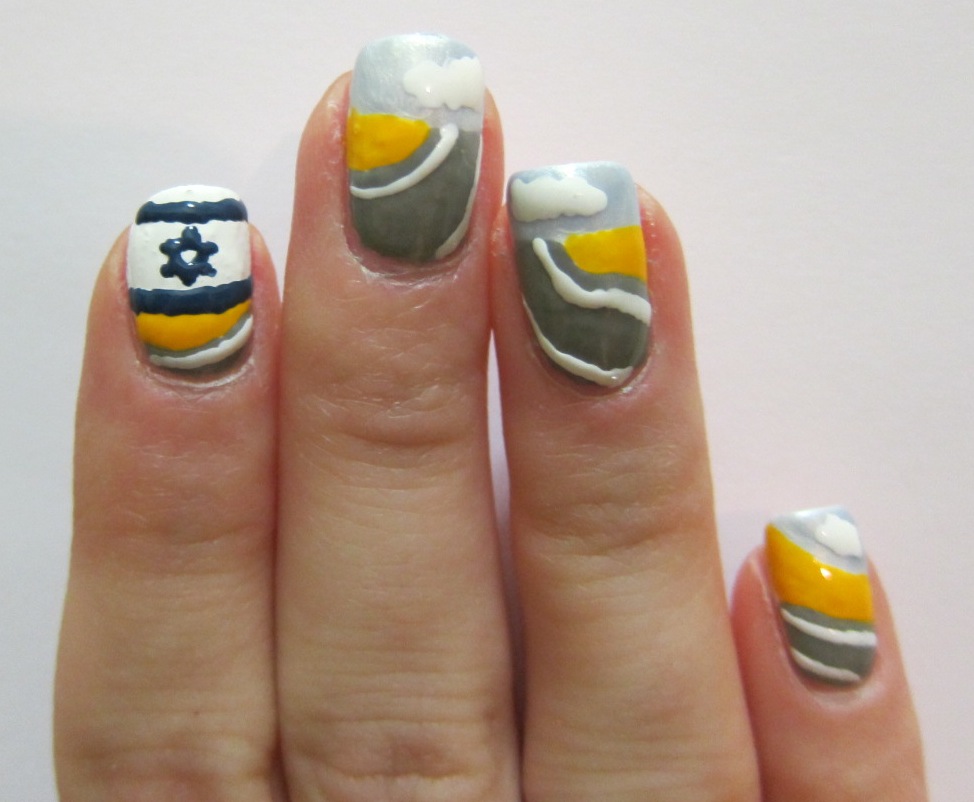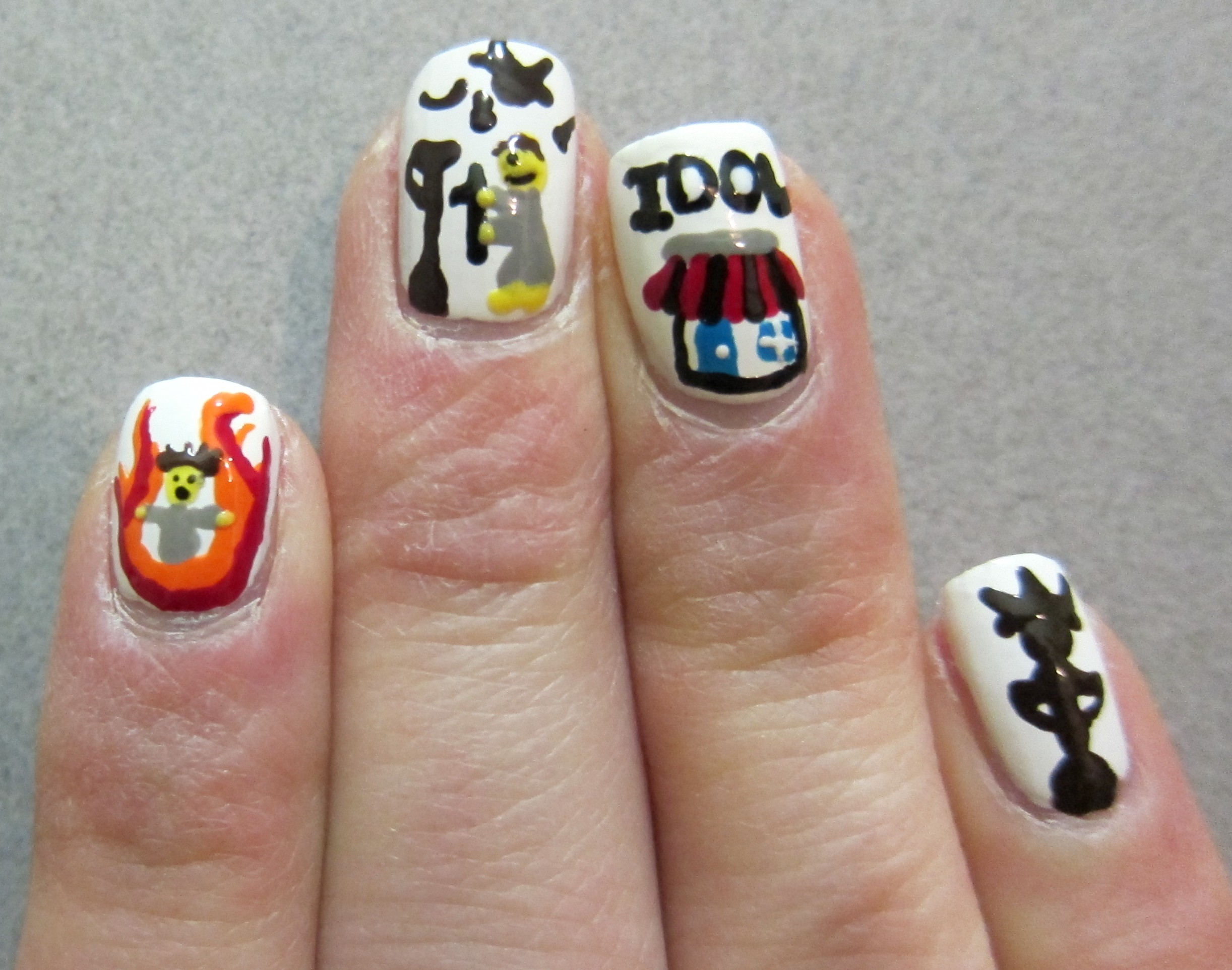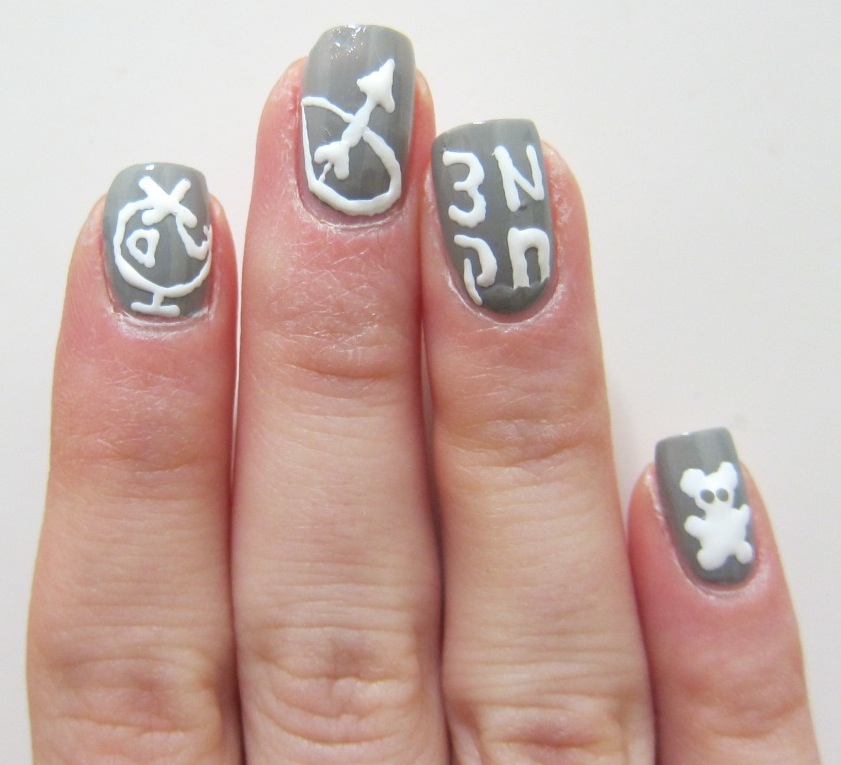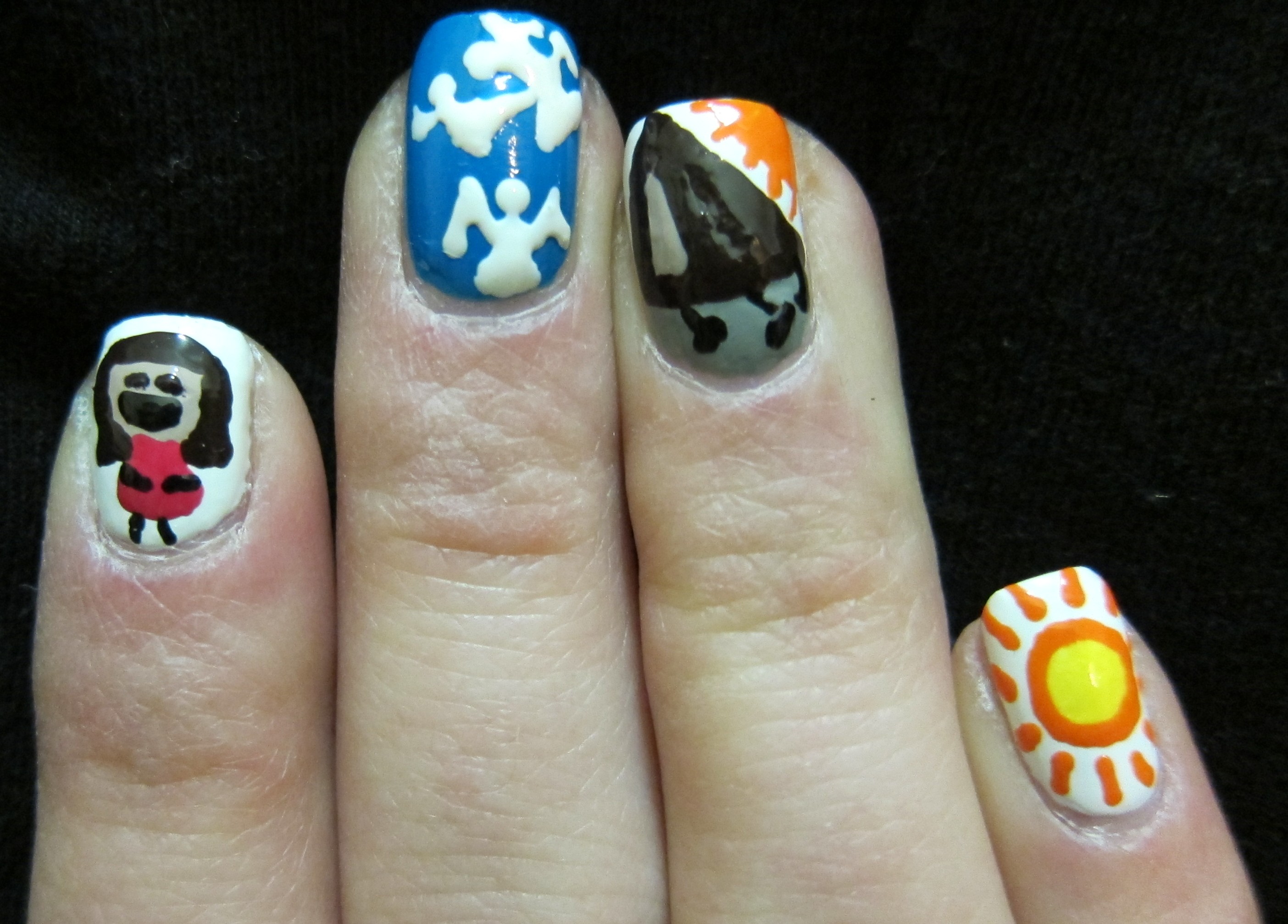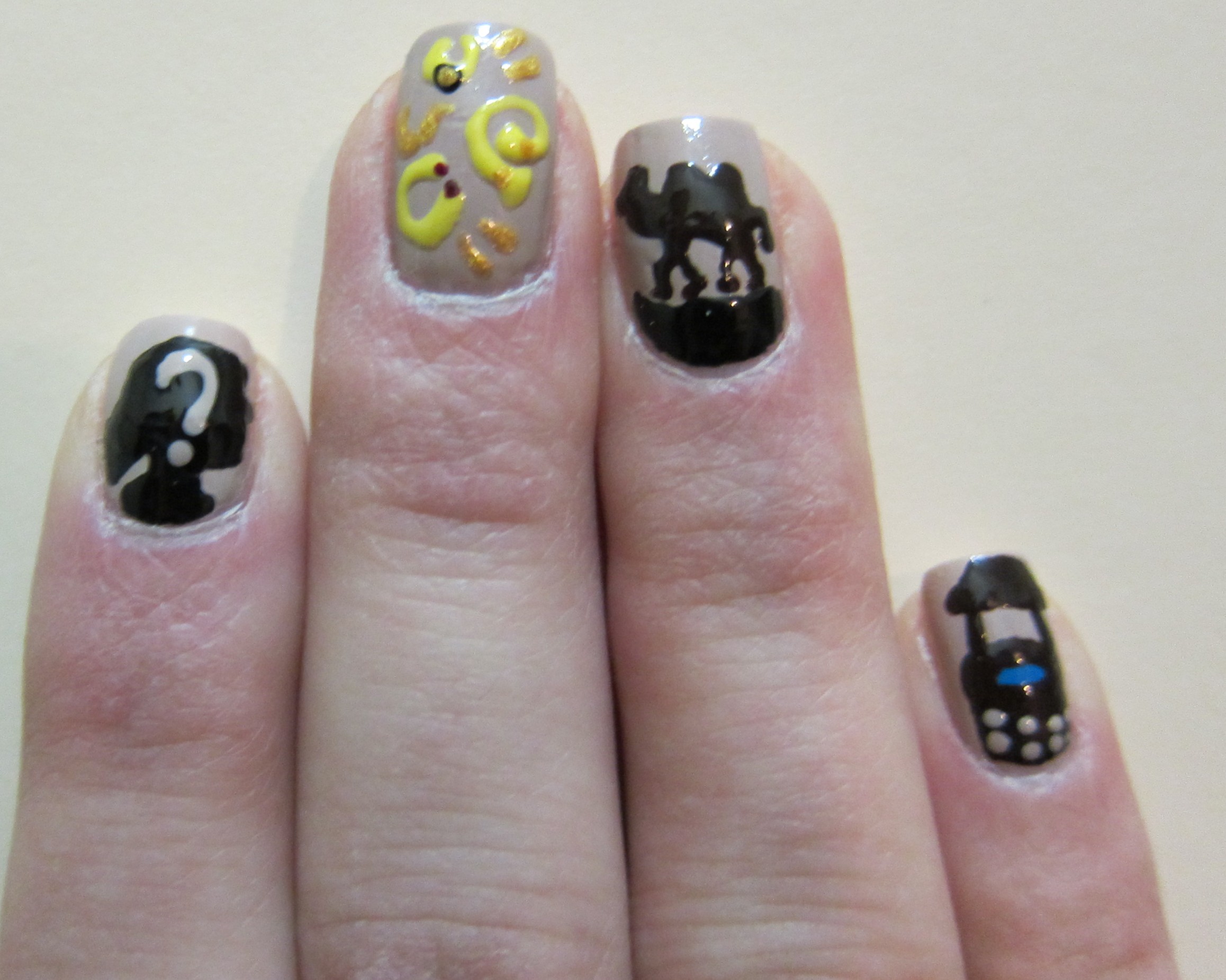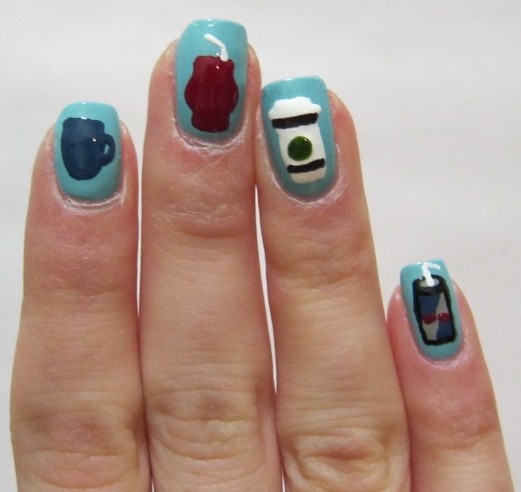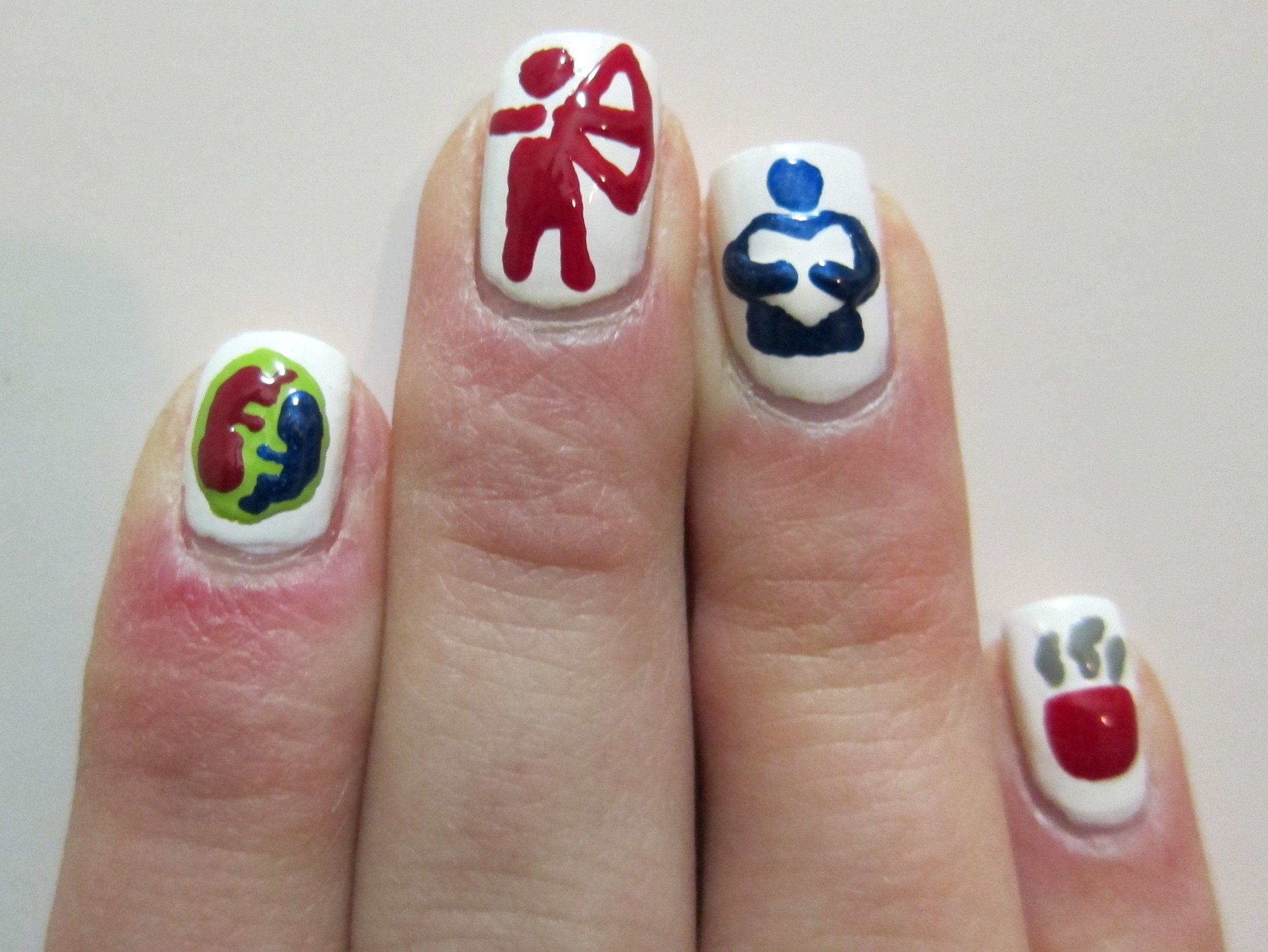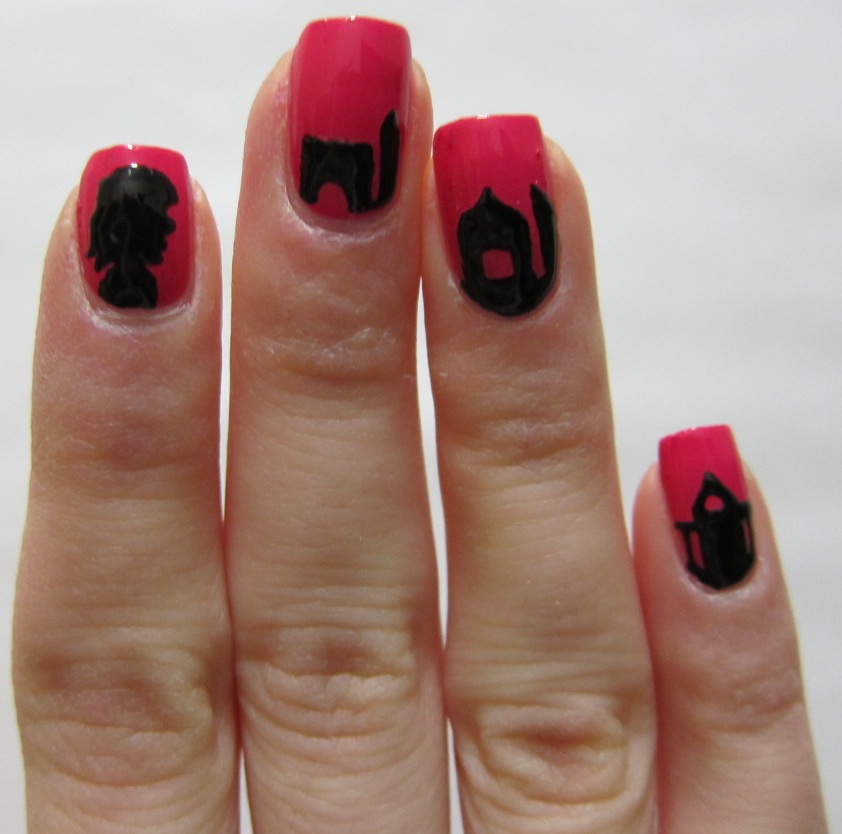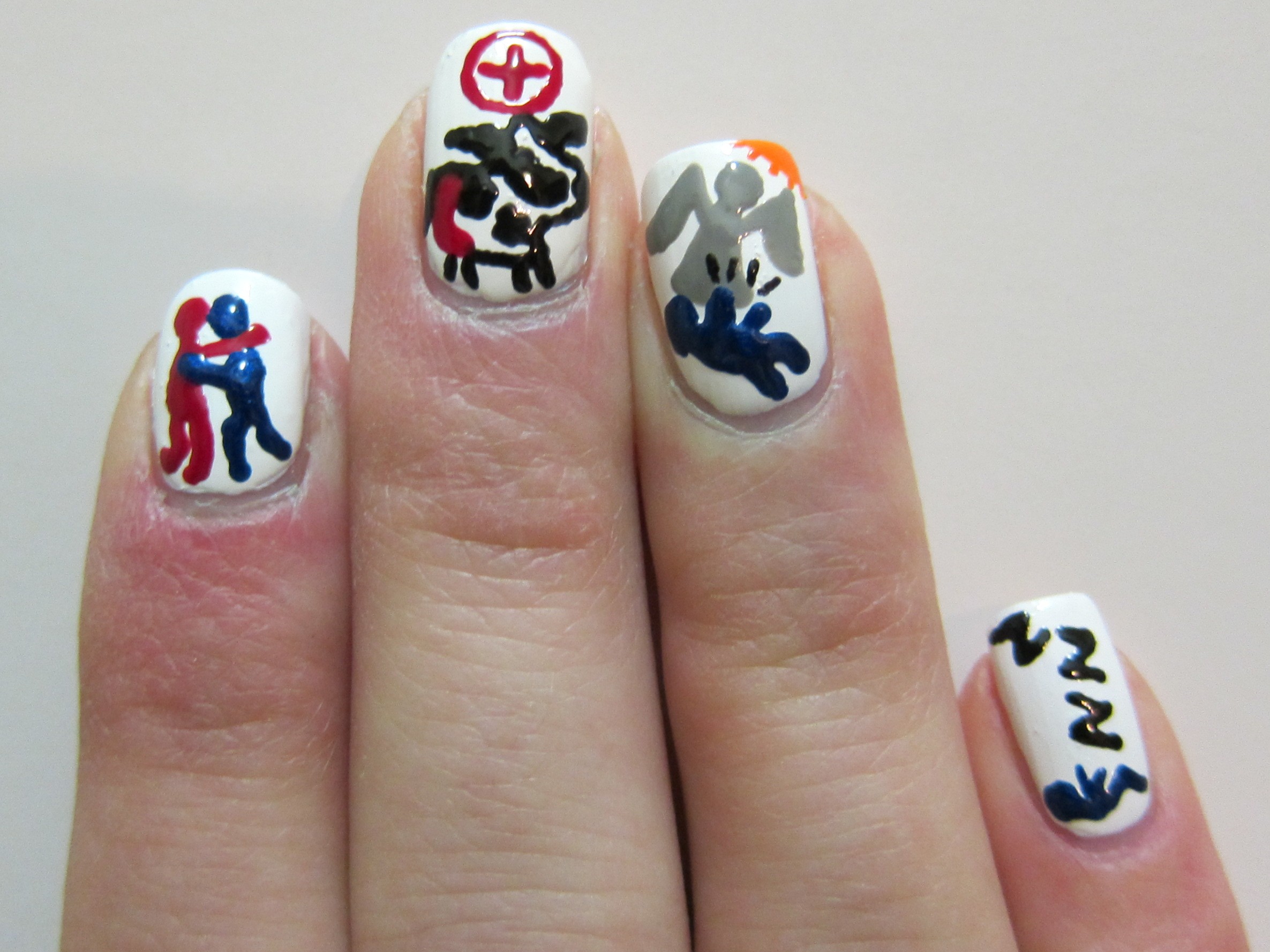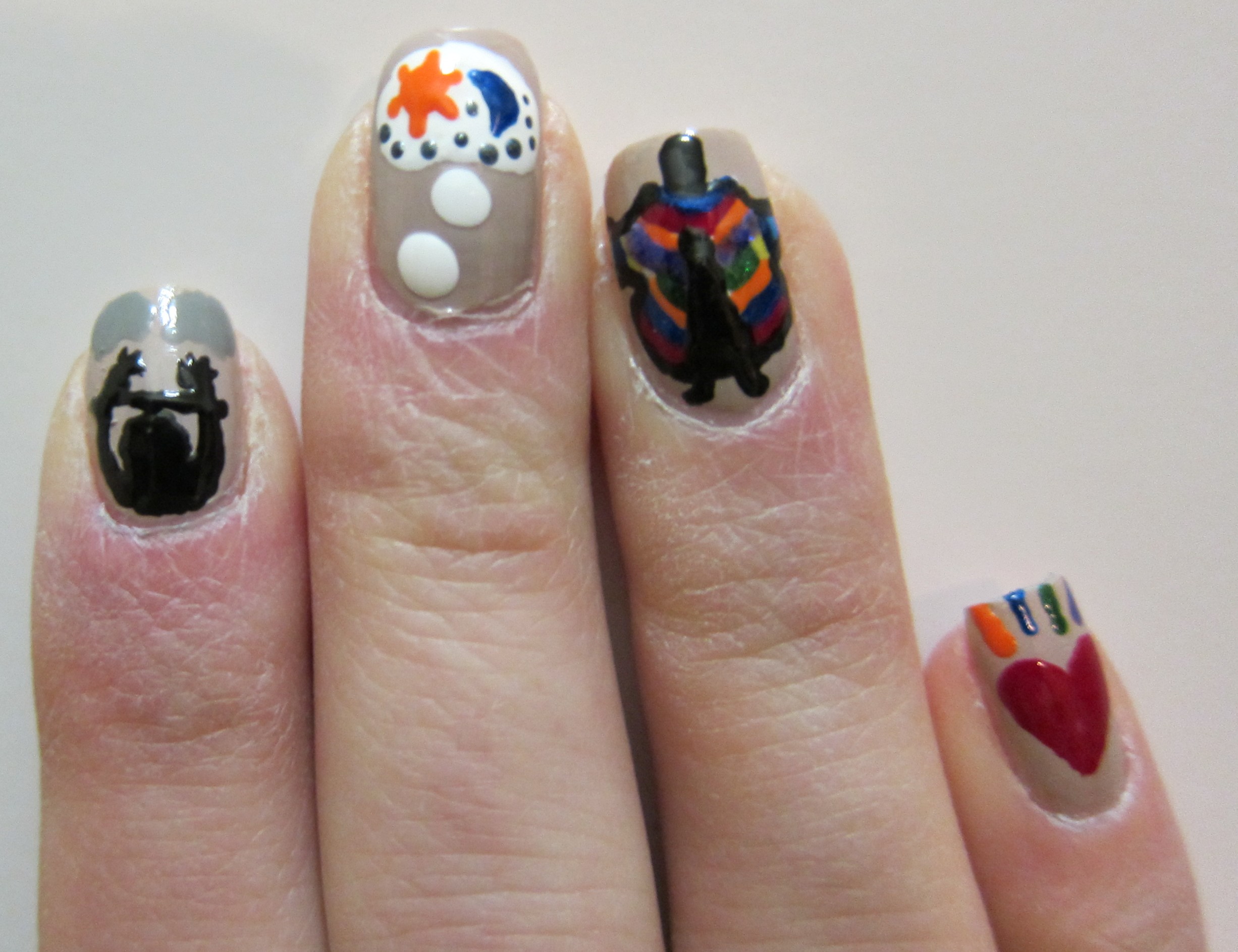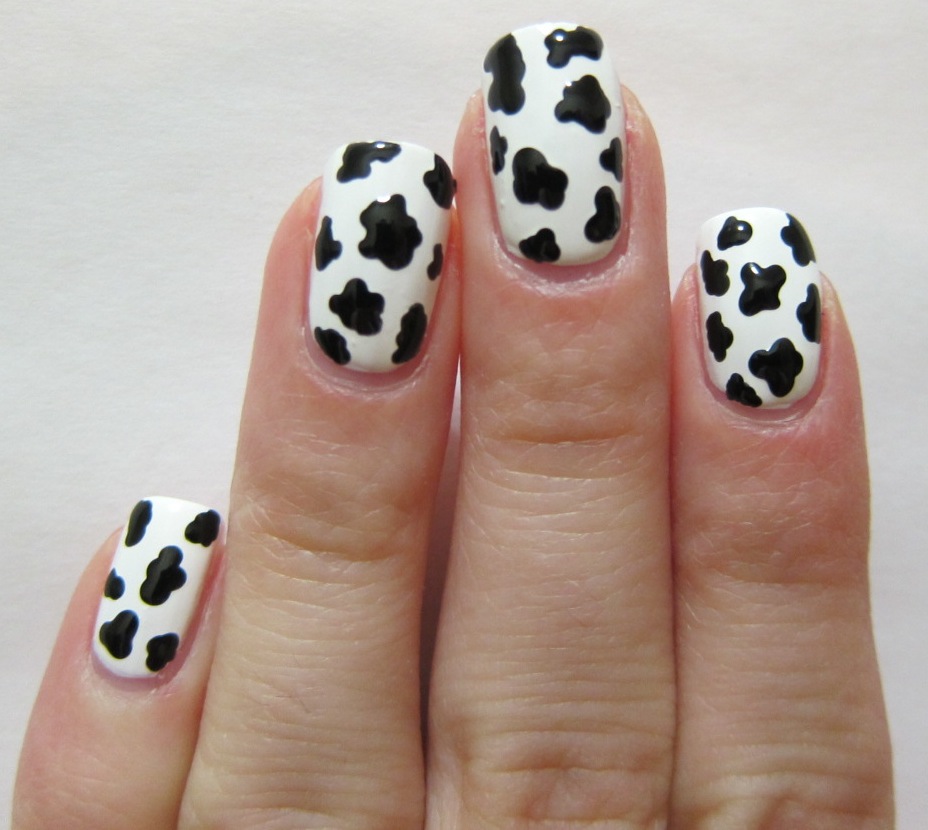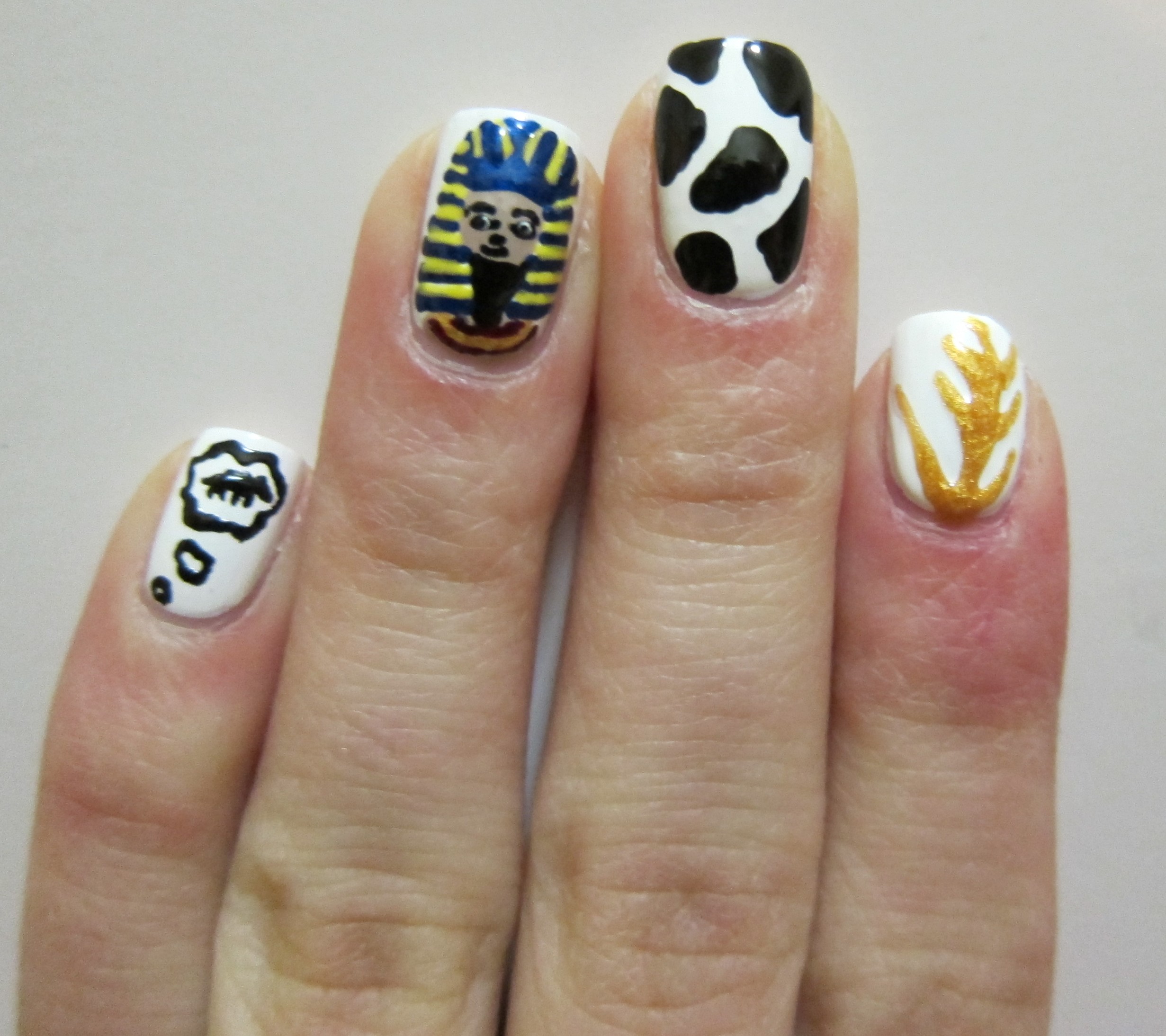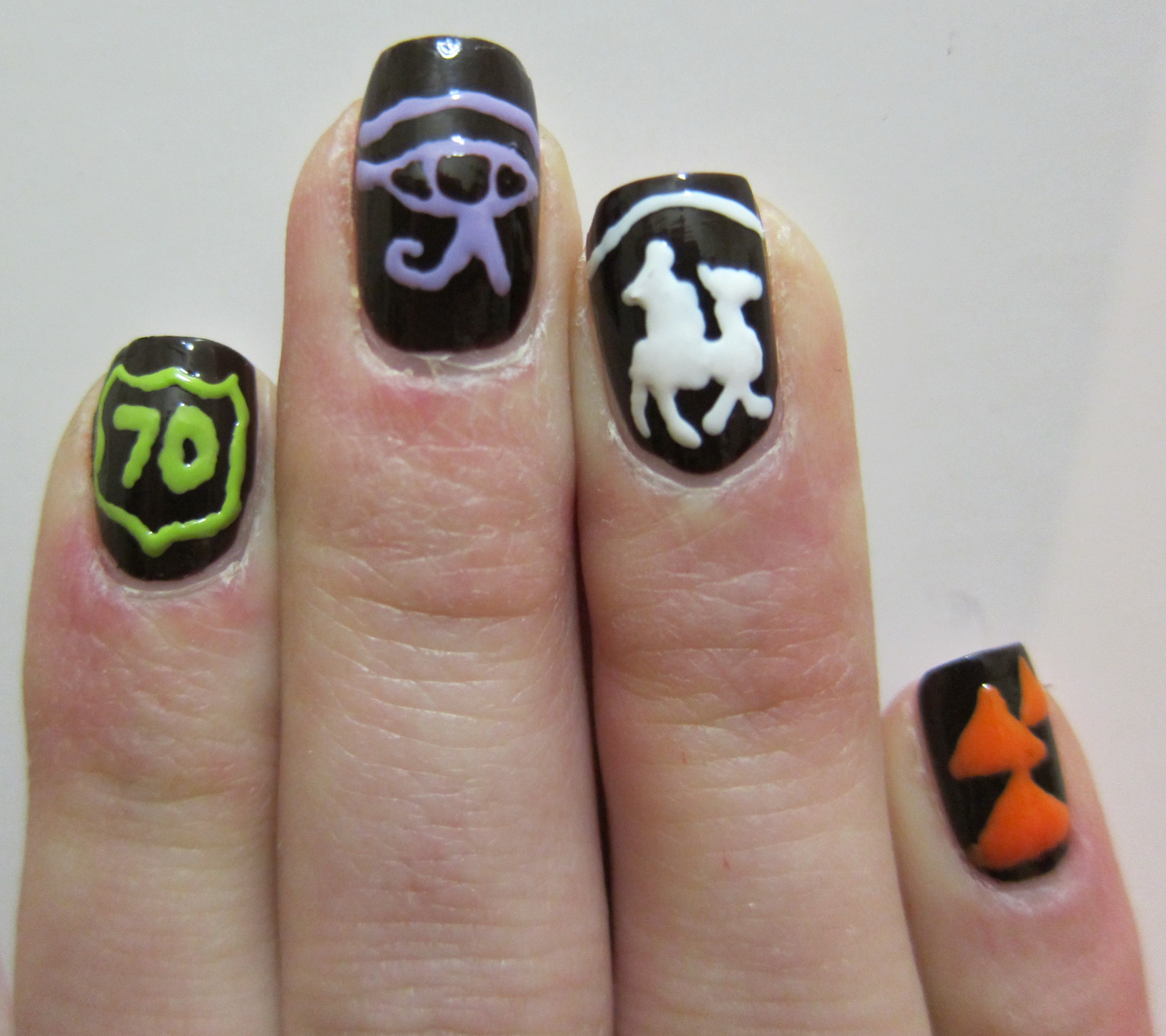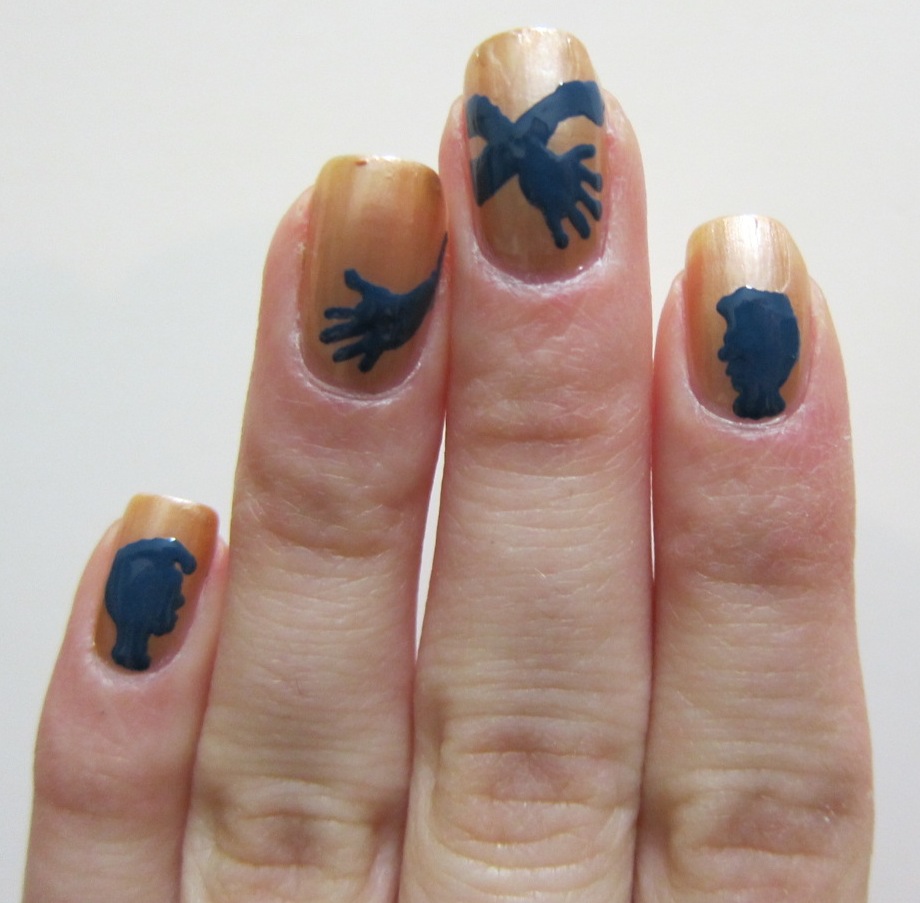Bereshit: Speech vs. Action
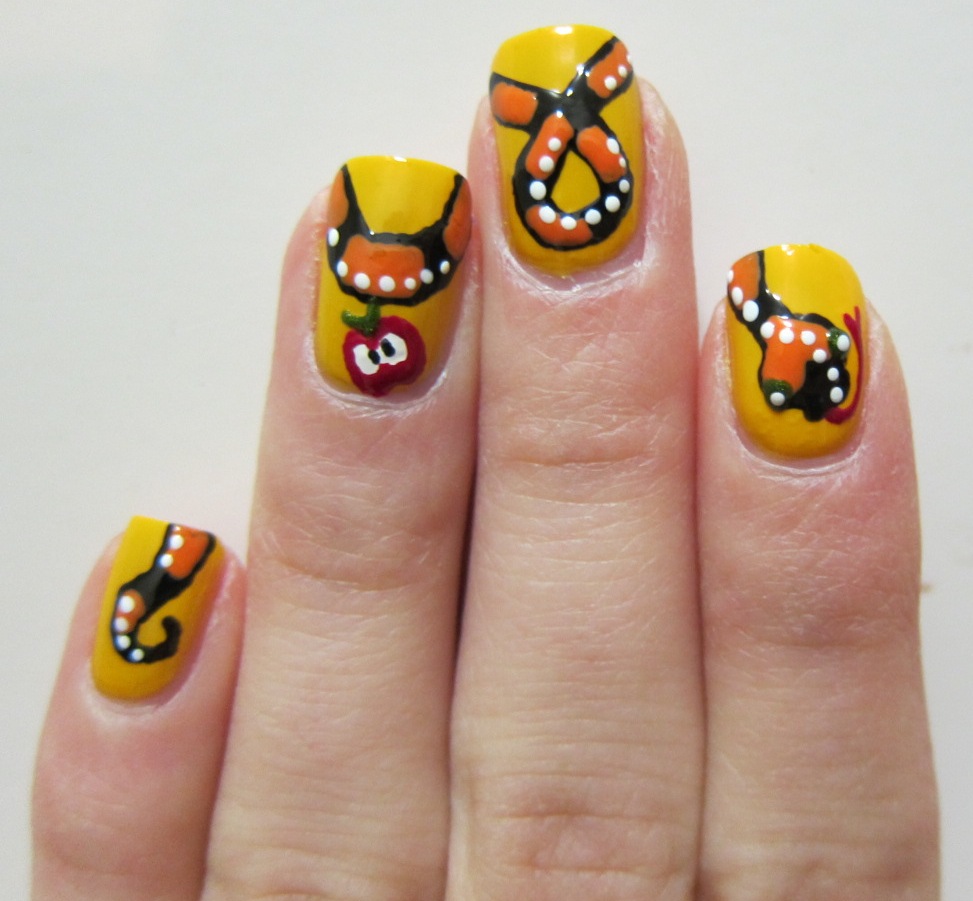 When God learned that the snake enticed Chava to eat from to eat fruit from the tree of knowledge, God said to the snake: “Ki Asita Zot” “Because you have done this…” (Genesis 1:14) The Midrash in Bereshit Rabbah 20:1 asks why God used the word “Asita,” which implies that the snake did an action, rather than the word “Dibarta” which would more accurately reflect the snake’s involvement, namely through speech. The Midrash ultimately uses the snake as an example of how evil speech is equivalent to evil action.
When God learned that the snake enticed Chava to eat from to eat fruit from the tree of knowledge, God said to the snake: “Ki Asita Zot” “Because you have done this…” (Genesis 1:14) The Midrash in Bereshit Rabbah 20:1 asks why God used the word “Asita,” which implies that the snake did an action, rather than the word “Dibarta” which would more accurately reflect the snake’s involvement, namely through speech. The Midrash ultimately uses the snake as an example of how evil speech is equivalent to evil action.

